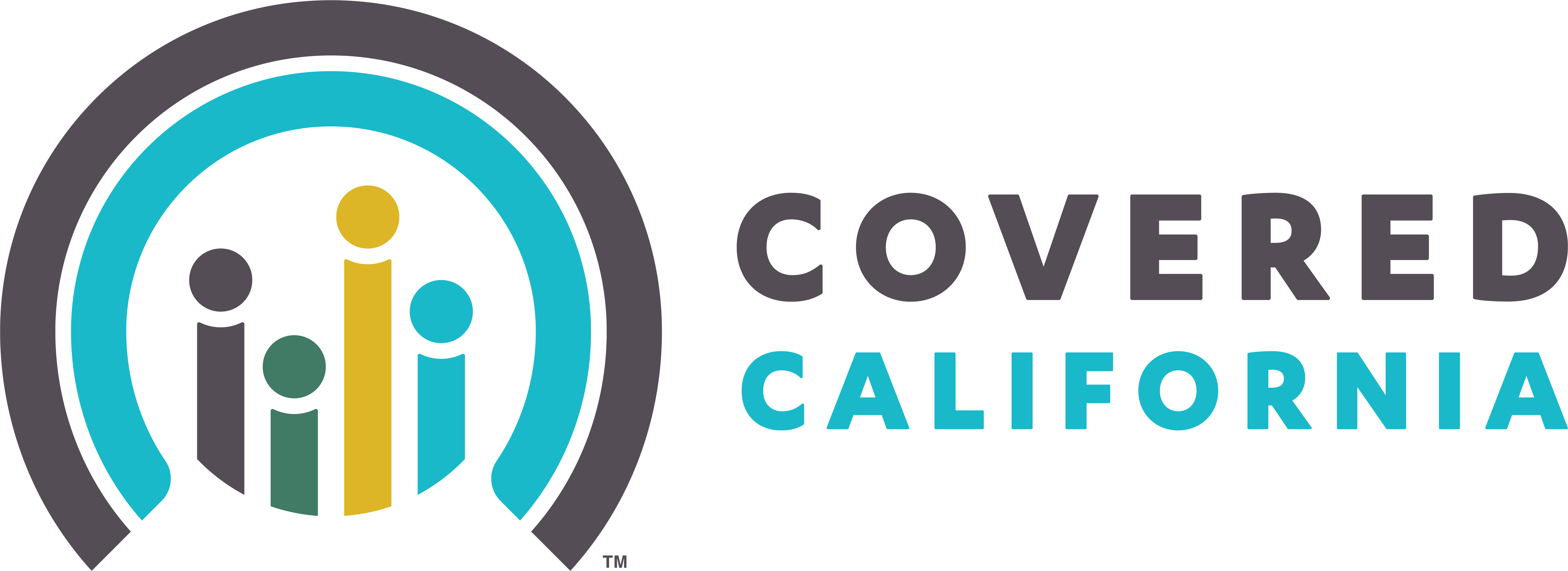Current Status: DACA and Covered California
As of August 31, 2025, DACA recipients are no longer eligible to purchase health insurance through Covered California. This change affects approximately 2,300 DACA recipients who were enrolled in Covered California health plans.
The Centers for Medicare & Medicaid Services (CMS) published a new federal rule in June 2025 that revised the definition of "lawfully present" individuals eligible for marketplace coverage. This federal rule change means that DACA status no longer qualifies someone to enroll in or maintain coverage through Covered California.
The good news: DACA recipients remain eligible for Medi-Cal, California's comprehensive health coverage program. However, time is critical—you must apply before January 1, 2026.
